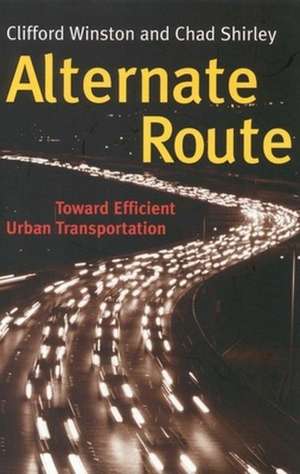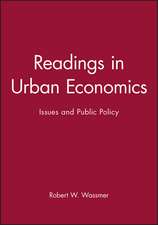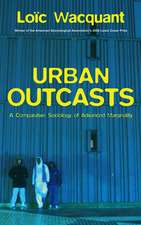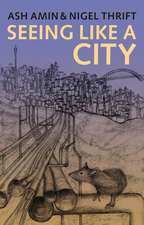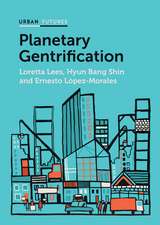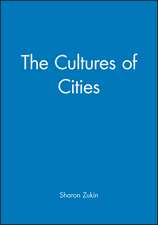Alternate Route: Toward Efficient Urban Transportation
Autor Clifford Winston, Chad Shirleyen Limba Engleză Paperback – sep 1998
Urban transportation problems abound across America, including jammed highways during rush-hours, deteriorating bus service, and strong pressures to build new rail systems. Most solutions attempt either to increase transportation capacity (by building more roads and expanding mass transit) or to manage existing capacity (through HOV restrictions, exclusive bus lanes, and employer-based policies such as flexible work hours). This book develops an alternative solution to urban transportation problems based on economic analysis, but well aware of the political constraints on policymakers. The authors estimate that efficient pricing and service policies could save more than $10 billion in annual net benefits over current practices, but argue that powerful, entrenched political and institutional forces will continue to thwart efficient economic solutions to improve urban transportation. They believe, however, that some form of privatization would likely improve social welfare more than an efficient public sector system. Facing fewer operating restrictions, greater economic incentives, and stronger competitive pressures, private suppliers could substantially improve the efficiency of urban operations and offer services that are more responsive to the needs of all types of travelers. The authors conclude that policymakers have bestowed huge benefits on the public by allowing the private sector to play a leading and unencumbered role in the provision of intercity transportation. Public officials should take the next step and allow the private sector to play a leading role in the provision of urban transportation.
Preț: 193.52 lei
Nou
Puncte Express: 290
Preț estimativ în valută:
37.04€ • 38.52$ • 30.57£
37.04€ • 38.52$ • 30.57£
Carte tipărită la comandă
Livrare economică 14-28 aprilie
Preluare comenzi: 021 569.72.76
Specificații
ISBN-13: 9780815793816
ISBN-10: 0815793812
Pagini: 136
Ilustrații: Illustrations
Dimensiuni: 152 x 229 x 11 mm
Greutate: 0.21 kg
Ediția:New.
Editura: Brookings Institution Press
Colecția Brookings Institution Press
ISBN-10: 0815793812
Pagini: 136
Ilustrații: Illustrations
Dimensiuni: 152 x 229 x 11 mm
Greutate: 0.21 kg
Ediția:New.
Editura: Brookings Institution Press
Colecția Brookings Institution Press
Notă biografică
Clifford Winston is a senior fellow in Economic Studies at the Brookings Institution. Among his previous books is Deregulation of Network Industries: What's Next? coedited with Sam Peltzman (AEI-Brookings, 2000). Chad Shirley is a graduate student at the University of California, Berkeley.
Descriere
Urban transportation problems abound across America, including jammed highways during rush-hours, deteriorating bus service, and strong pressures to build new rail systems. Most solutions attempt either to increase transportation capacity (by building more roads and expanding mass transit) or to manage existing capacity (through HOV restrictions, exclusive bus lanes, and employer-based policies such as flexible work hours). This book develops an alternative solution to urban transportation problems based on economic analysis, but well aware of the political constraints on policymakers. The authors estimate that efficient pricing and service policies could save more than $10 billion in annual net benefits over current practices, but argue that powerful, entrenched political and institutional forces will continue to thwart efficient economic solutions to improve urban transportation. They believe, however, that some form of privatization would likely improve social welfare more than an efficient public sector system. Facing fewer operating restrictions, greater economic incentives, and stronger competitive pressures, private suppliers could substantially improve the efficiency of urban operations and offer services that are more responsive to the needs of all types of travelers. The authors conclude that policymakers have bestowed huge benefits on the public by allowing the private sector to play a leading and unencumbered role in the provision of intercity transportation. Public officials should take the next step and allow the private sector to play a leading role in the provision of urban transportation.
